Table of Contents
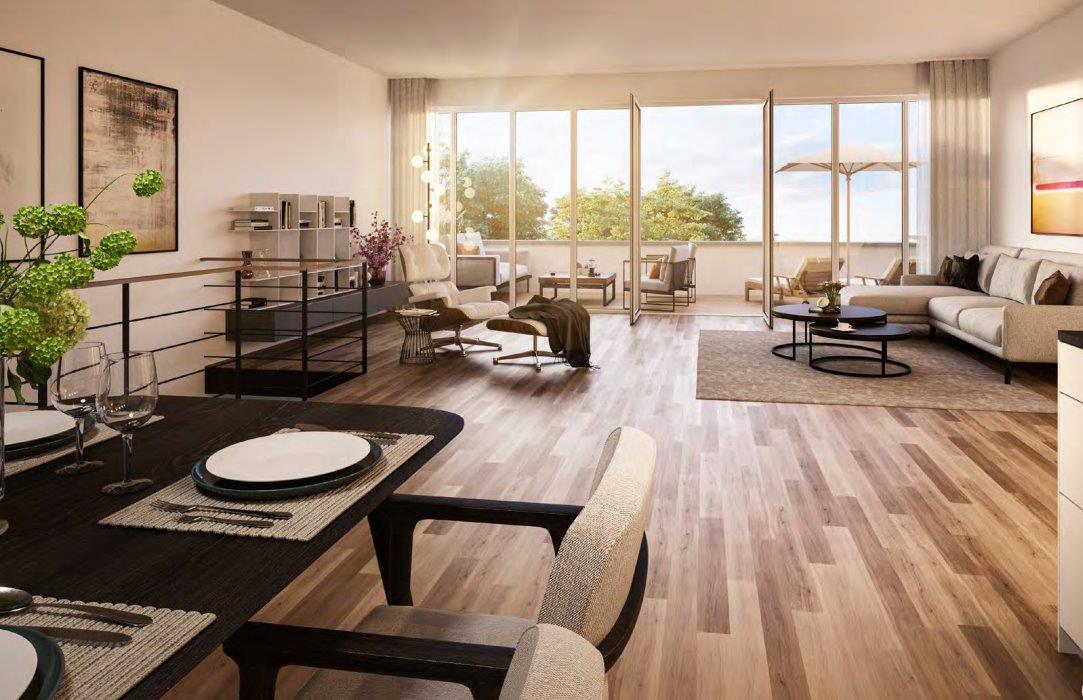
Moving In
Security Deposit:
- Please ensure that the security deposit is transferred to us in real-time upon signing the lease agreement.
- Additional fees may apply for international transfers.
- Use the CODE for Reference that was provided in the Email of your Contract
Registration:
- You are required to register your residence at the Bürgeramt (Citizens’ Office) within two weeks of moving in.
- We will provide you with a document (Wohnungsgeberbestätigung) on our Mieter-Portal. You will get an Invitation via Email for that!
- For registration in Berlin, you can find more information and book appointments online at: https://www.berlin.de/en/life/new-in-berlin/744279-8206946-moving-to-berlin-registration-offices.en.html
Utilities
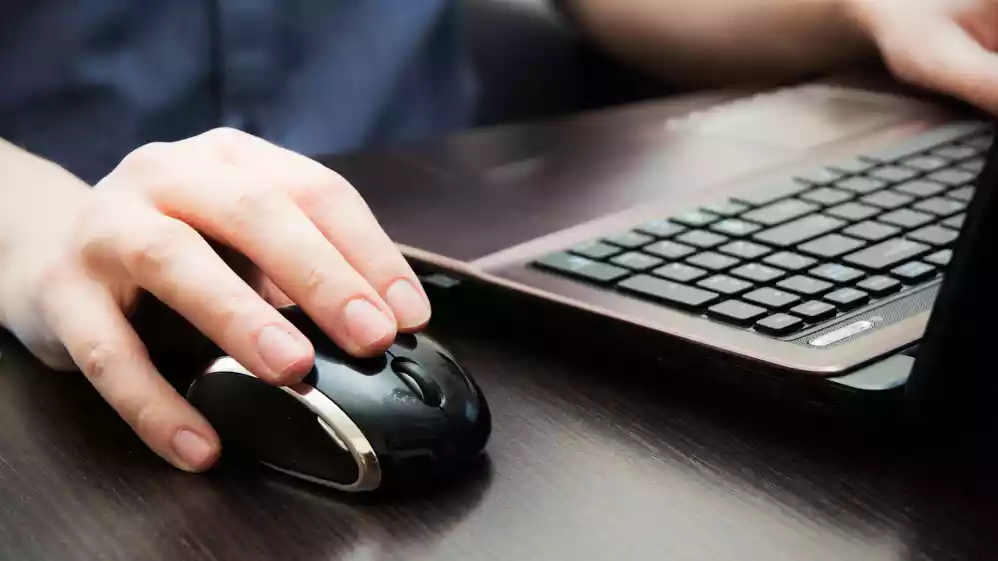
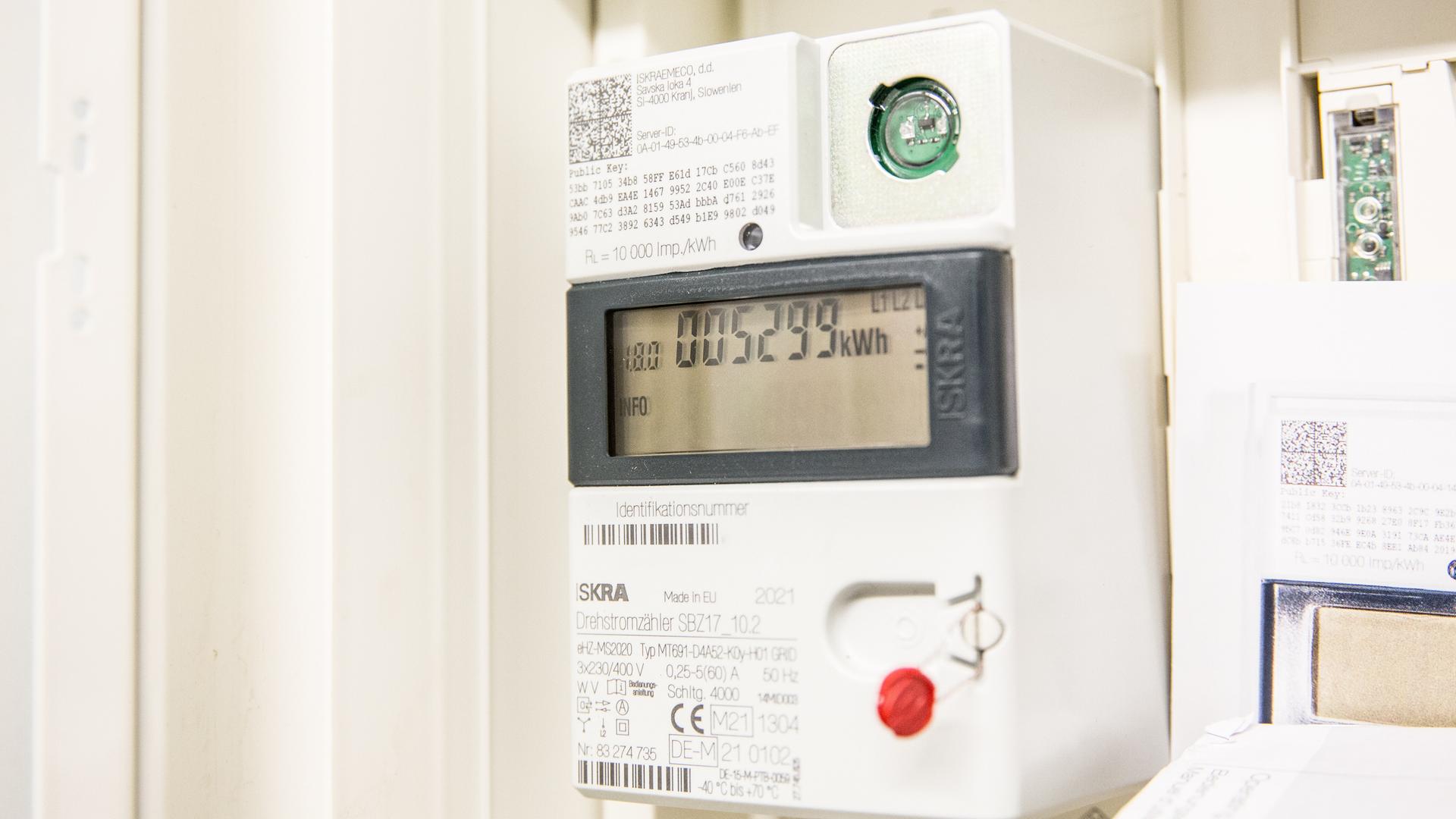
Internet:
- You can either sign up for an internet contract yourself with providers like Vodafone, Telekom, or Unitymedia.
- You can also let our agent handle it for you for a little additional costs. Write to our Support-Chat for further Assistance
Electricity:
- Please register with an electricity provider (e.g., Vattenfall, Berliner Stadtwerke).
- You can make a comparison on: www.verivox.de
- Therefore you need the Electricity Meter Number & the Meter Reading provided by us!
- Please ask us for the Meter-Number in the Support-Chat
Rundfunkgebühren (Broadcasting Fees):
- In Germany, you are required to pay a fee for public broadcasting (ARD, ZDF).
- You can register online at: https://www.rundfunkbeitrag.de/buergerinnen_und_buerger/formulare/anmelden/index_ger.html
Living in the apartment
Rent:
- Please pay your rent on time to avoid late fees.
- The due date for rent payment is the 30 of the Month (28th in February).
- Paying too late results in a Fee of 30€
Cleaning Schedule:
- Let’s create a shared cleaning schedule to keep our home tidy.
- Or invite all Room-Members to install the free App Flattastic (Android&Iphone) –> https://www.flatastic-app.com
- Plan your Cleaning-Cycle accordingly so everything is fair!
- Try to be as clean as possible to live in harmony with your roommates
Essentials:
- Please purchase your own personal items such as:
- bedding (bedcovers, pillow, blankets)
- towels
- toiletries
- kitchenware
Inspections:
- We will conduct quarterly inspections to ensure the apartment is well-maintained.
- Please inform us in advance if you will be unavailable during the scheduled inspection.
House rules & point system

We have introduced a points system to ensure a smooth and respectful shared apartment. You will receive one point for each violation of the house rules. After receiving three points, we reserve the right to terminate the tenancy without notice.
Common Violations:
- Non- or Late-Payment of rent
- Disturbance of the peace
- Damage to the apartment
- Failure to separate waste
- Failure to comply with the house rules
Using Appliances
Thermostat:
- Set the thermostat to your desired temperature.
- Most thermostats have a display that shows the current temperature and the target temperature.
Energy-Saving Tips:
- To save energy, set your thermostat to a lower temperature when you are sleeping or away from home.
- When opening windows, turn off the heating to avoid wasting energy.
- You can also use a programmable thermostat to automatically adjust the temperature throughout the day.
Temperature control:
- Adjust the temperature using the thermostat controls.
- Some thermostats have a manual dial, while others have digital controls.
Kitchen
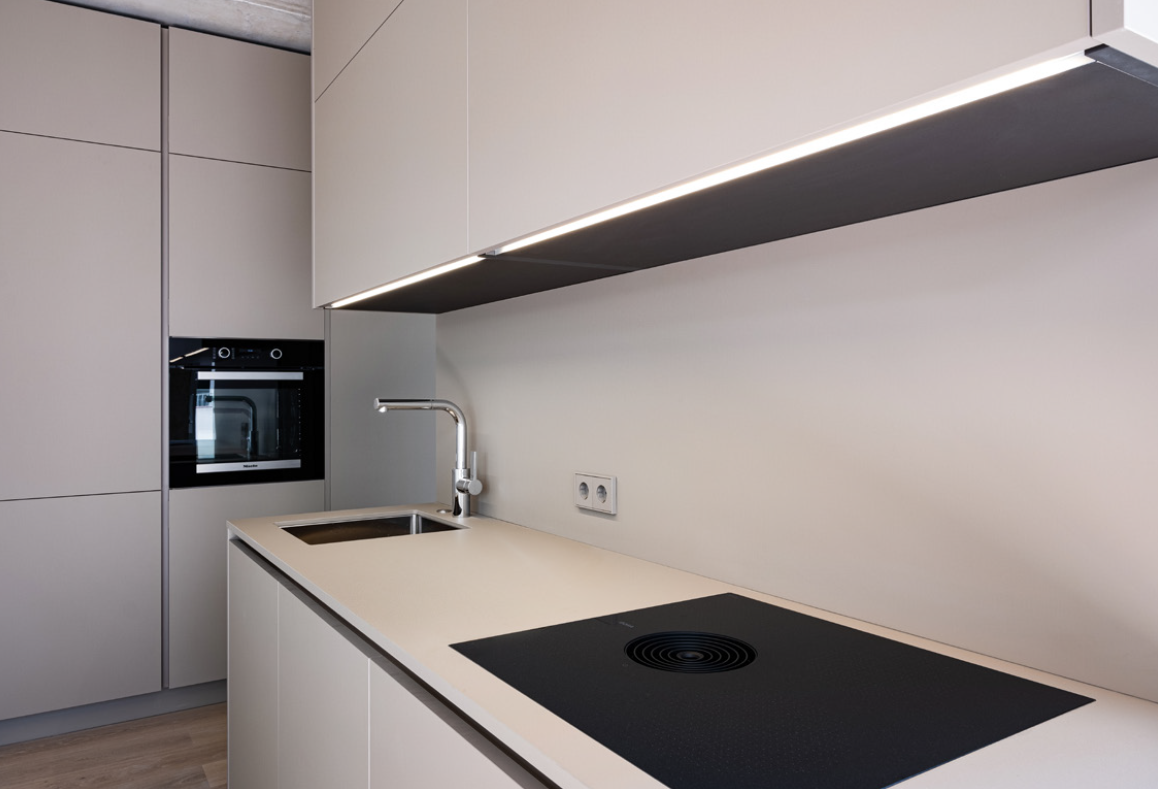
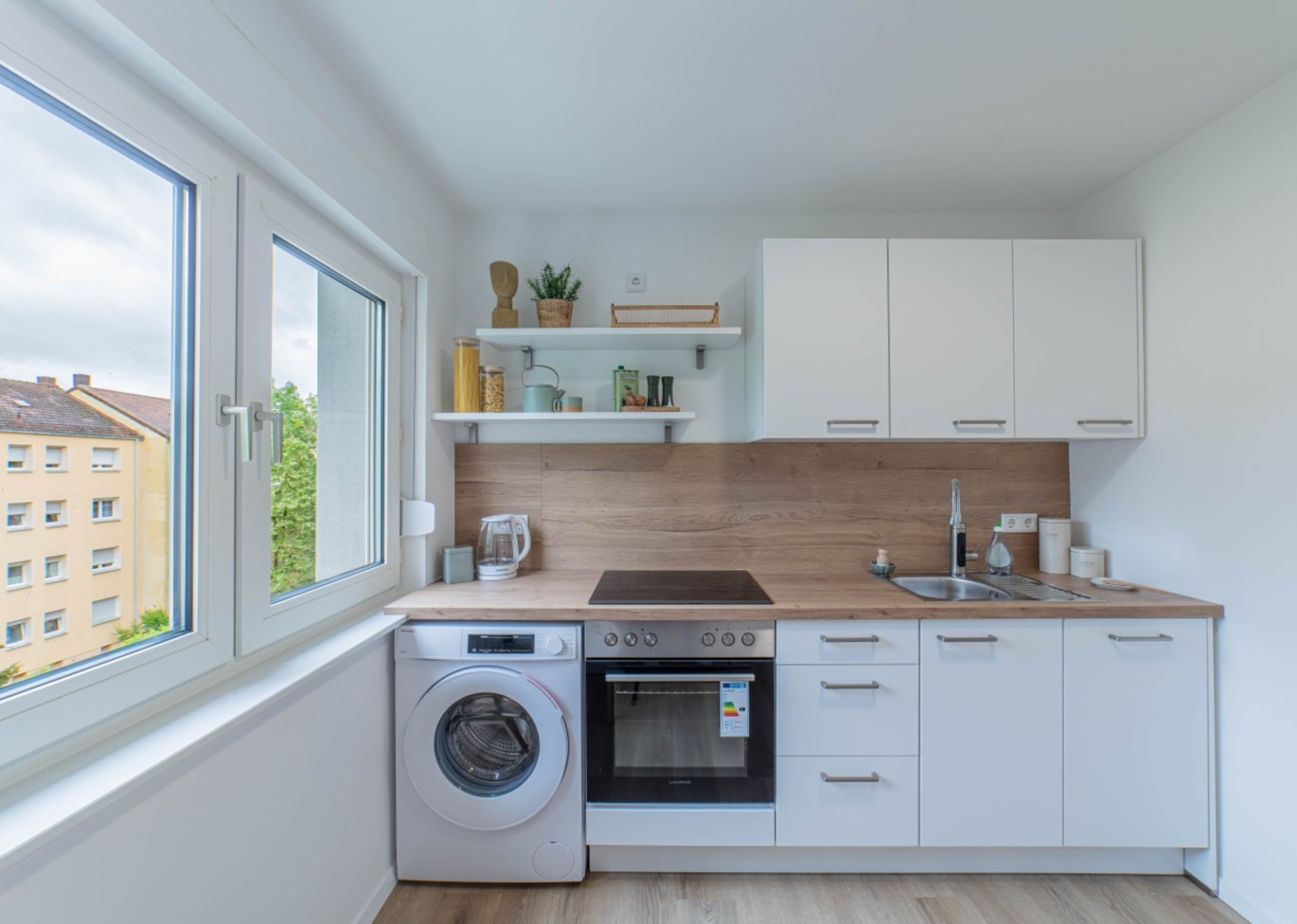
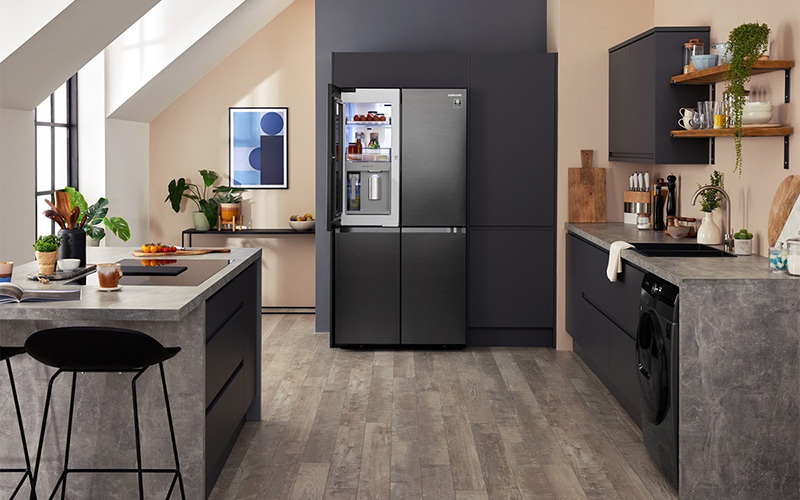
Stove:
- To use the stovetop, turn on the burner and adjust the heat to the desired level.
- Place your pot or pan on the burner and wait for it to heat up before adding food.
- Use caution when handling hot pots and pans.
- Clean the stovetop after each use to prevent grease buildup.
Oven:
- Preheat the oven to the desired temperature before baking or roasting food.
- Place your food on a baking sheet or in a baking dish.
- Close the oven door and set the timer.
- When the food is done, turn off the oven and let it cool down before removing the food.
- Clean the oven after each use to prevent grease buildup.
Hood:
- Turn on the hood when you are cooking on the stovetop to remove smoke and odors.
- Clean the hood filter regularly to prevent grease buildup.
Refrigerator:
- Set the refrigerator temperature to between 36 and 40 degrees Fahrenheit.
- Store fresh fruits, vegetables, and meats in the refrigerator.
- Frozen foods should be stored at or below 0 degrees Fahrenheit.
- Clean the refrigerator regularly to prevent food from spoiling.
Dishwasher:
- Load the dishwasher with dishes, silverware, and utensils.
- Add detergent and rinse aid.
- Add dishwasher salt to the designated compartment.
- Close the dishwasher door and select the appropriate wash cycle.
- When the wash cycle is complete, open the dishwasher door and let the dishes air dry.
Washing machine
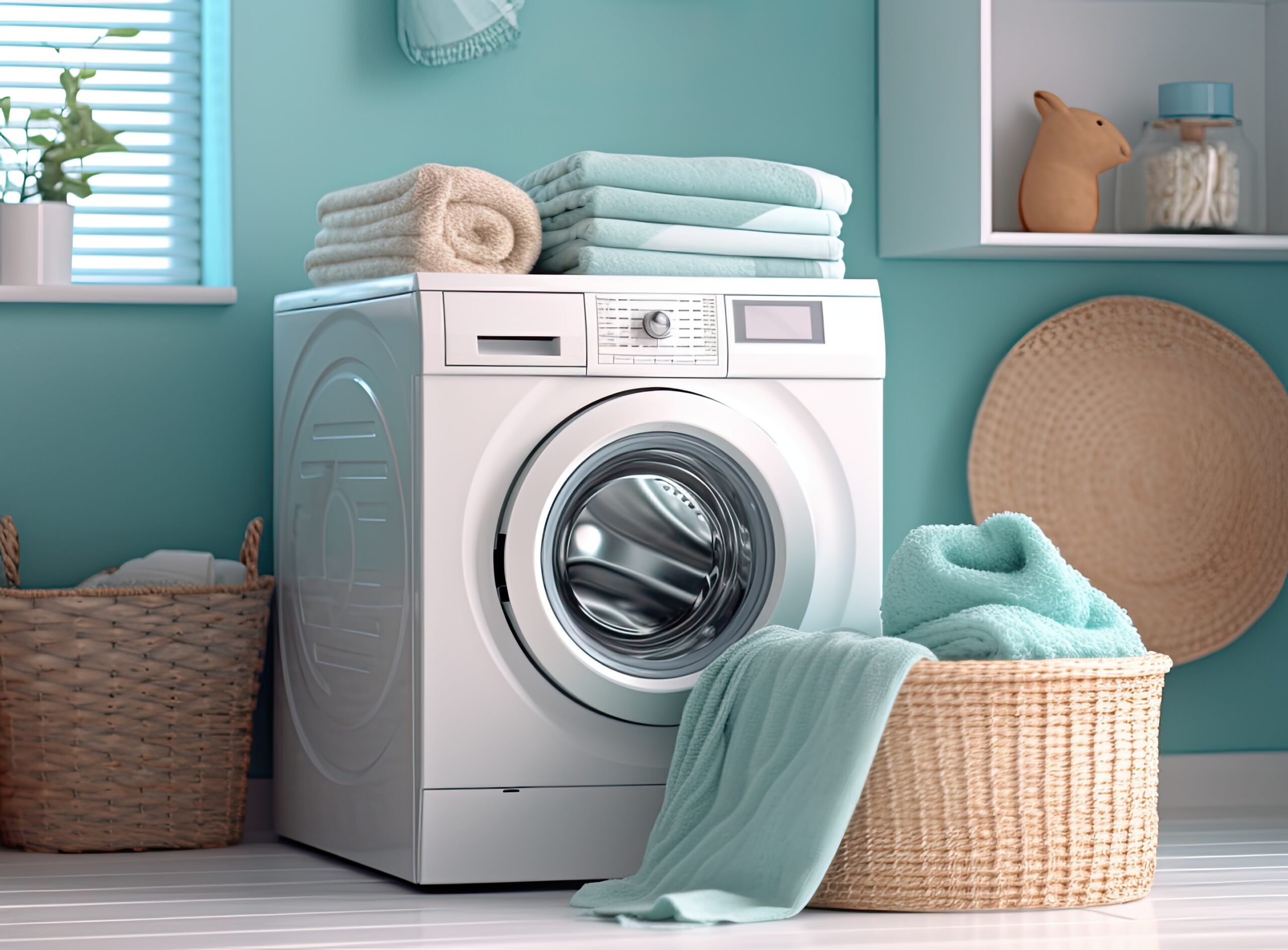
Washing Program:
- Select the appropriate washing program based on the type of fabric and soil level.
Detergent:
- Add the recommended amount of detergent to the detergent dispenser.
Drying Clothes:
- Choose the appropriate drying cycle based on the type of fabric and the desired level of dryness.
Bathroom
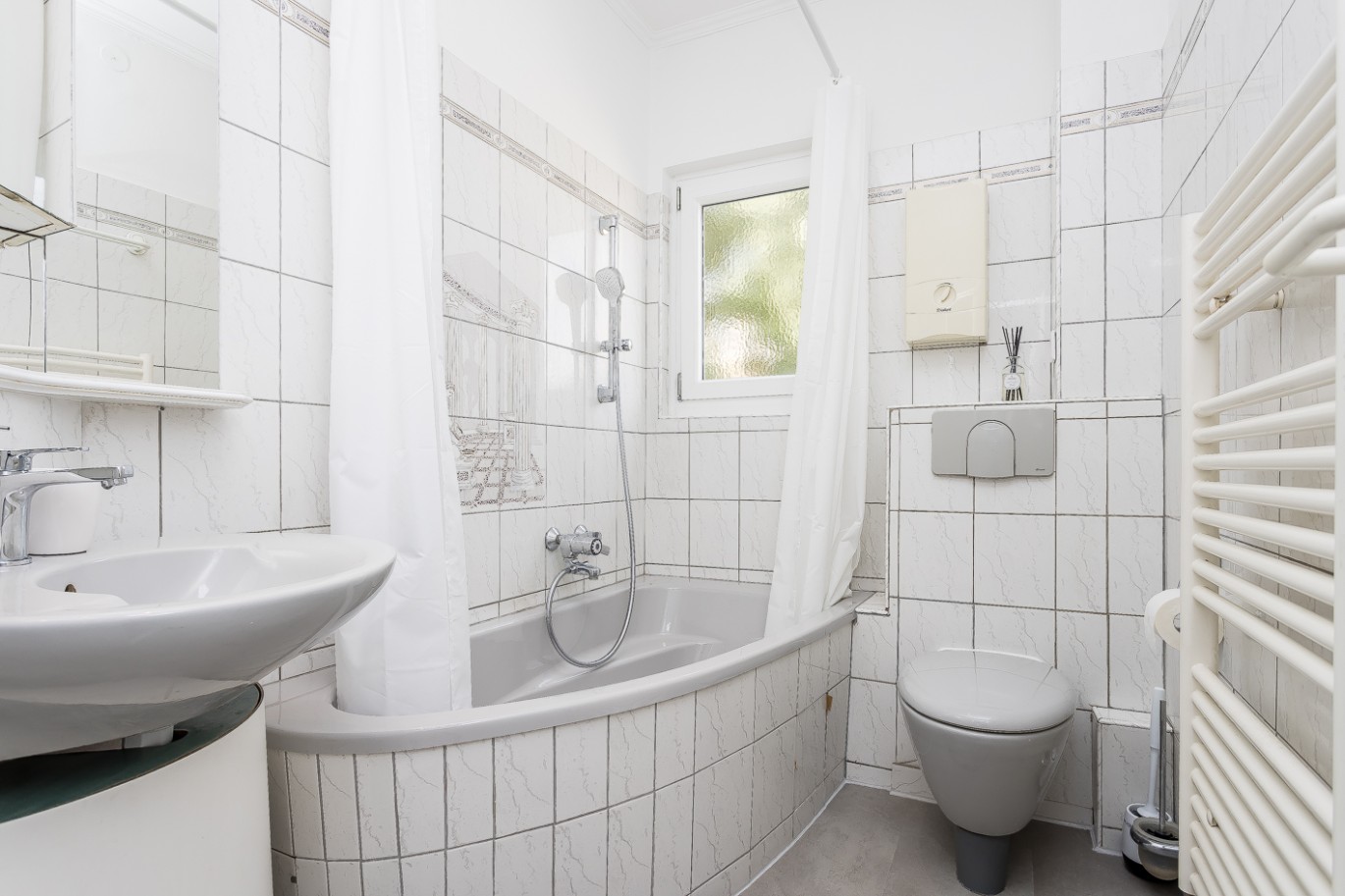
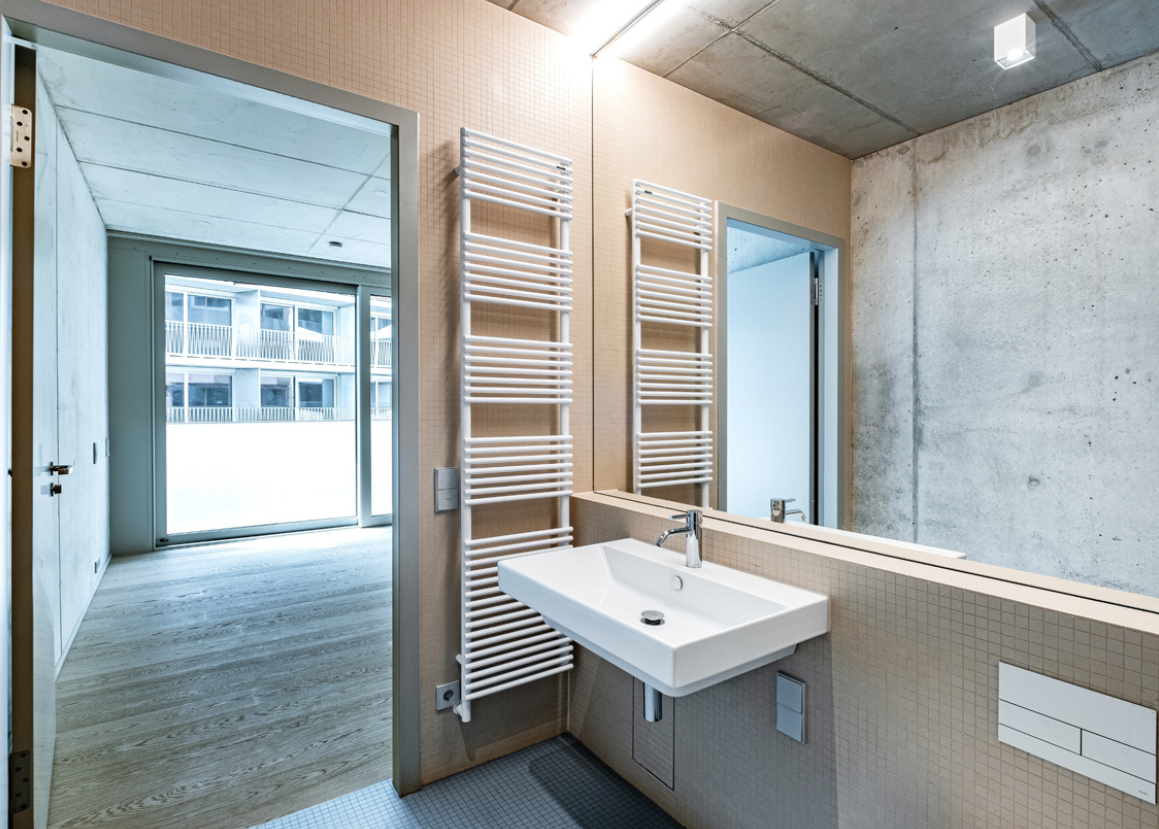
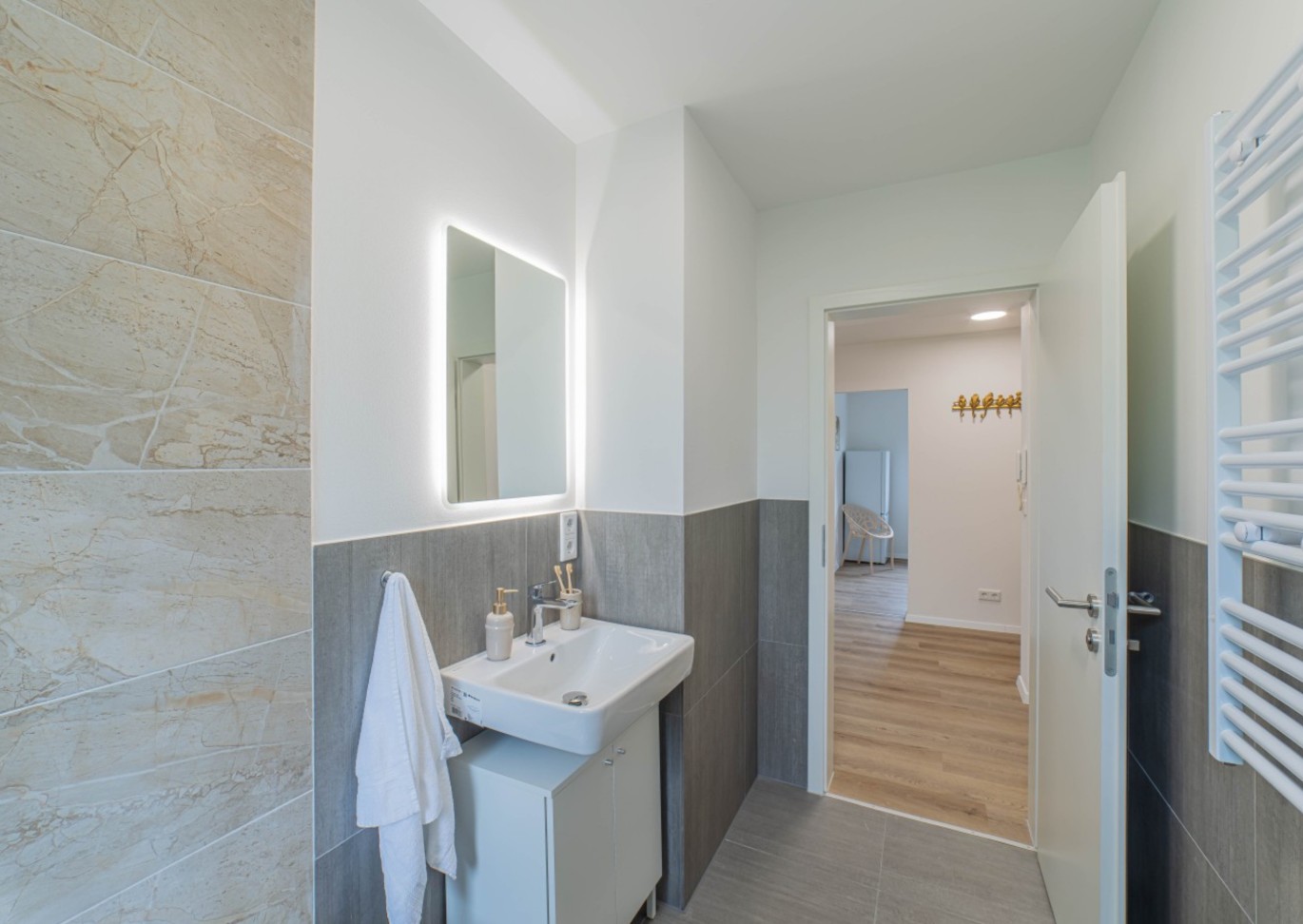
Hygiene:
- Wash your hands thoroughly with soap and water after using the toilet.
- Keep the bathroom clean and tidy. Wipe down the sink and counter after use.
- Dispose of all waste properly in the designated bins.
Toilet Use:
- Flush the toilet after each use.
- Avoid flushing anything other than toilet paper.
- Clean the toilet with the toilet-brush after using it and if it´s dirty
- If there are issues with the toilet (e.g., clogs), report them to our Support-Chat immediately.
Shower / Bath:
- Keep the shower area clean and free of hair.
- Use shower curtains or bath mats to prevent water from splashing.
- Turn off the water while soaping or shampooing.
- Clean the drain from time to time to avoid drainage problems
Ventilation:
- Use the exhaust fan during and after showering to prevent mold and mildew.
- Open the window for ventilation whenever possible.
Why and How to Ventilate

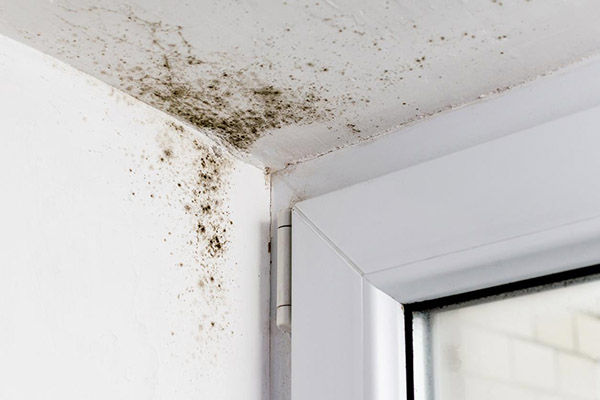
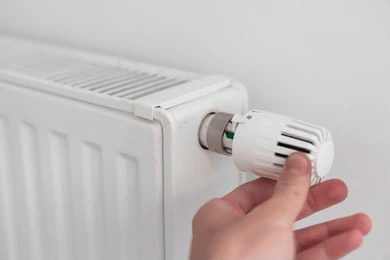

• Health: Fresh air reduces CO2 and pollutants, preventing headaches, fatigue, and poor concentration.
• Mold Prevention: Regular ventilation lowers humidity, preventing mold growth.
• Energy Efficiency: Short bursts of ventilation can be more energy-efficient than continuously slightly open windows.
• Crack ventilation: Open windows slightly for a longer period.
• Flush ventilation: Open windows fully for a short period.
• Cross ventilation: Open windows on opposite sides of a room for a draft.
• After activities: Ventilate after showering, cooking, or other moisture-producing activities.
• Regularity: Ventilate several times daily, even in winter.
• Timing: Ventilate when the outdoor temperature isn’t too low.
• Heating: Turn off heating while ventilating.
• Absence: Ventilate before leaving and upon returning.
• Humidity: Maintain balanced humidity levels.
• Plants: Indoor plants can improve air quality.
• Air purifiers: Consider air purifiers for specific needs.
• In essence: Regular ventilation is crucial for a healthy indoor environment.
Waste disposal
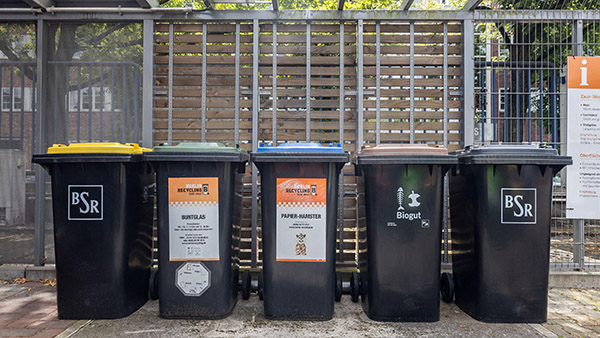
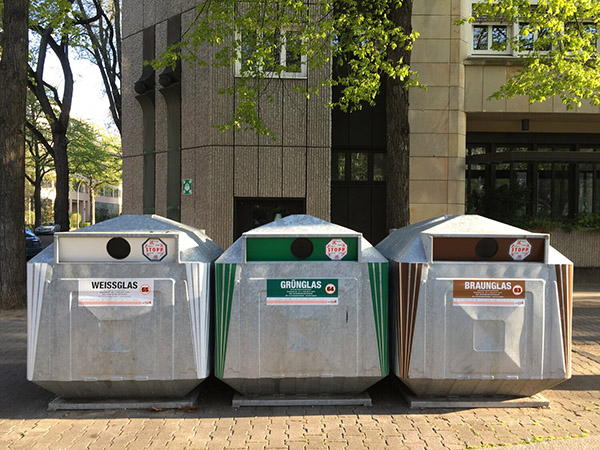

Residual Waste:
Disposal: Place residual waste (like food scraps, plastic packaging that cannot be recycled) in the black bin.
Paper and Cardboard:
• Disposal: Flatten cardboard and place it in the blue bin.
Plastics:
Disposal: Rinse and empty plastic bottles and containers. Place them in yellow bags or yellow bins.
Organic Waste:
Disposal: Place food scraps, garden waste, and other organic materials in the brown bin.
Glass:
Disposal: Separate glass bottles and jars by color (green, brown, white) and place them in designated glass containers at designated collection points.
Plastic-Bottles:
By returning your empty bottles and cans, you contribute to recycling efforts and receive a refund on your deposit.
Electronic Waste:
Disposal: Take electronic waste (old TVs, computers, phones) to designated collection points at recycling centers or some electronics stores.
Collection:
Collection days vary by district. Check your local waste calendar for specific dates.
Public Transportation
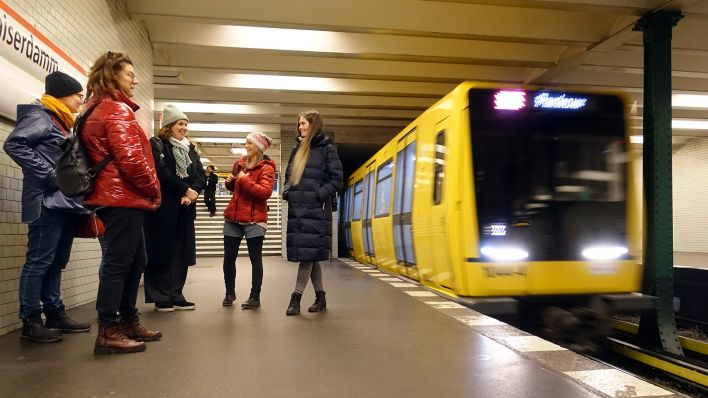

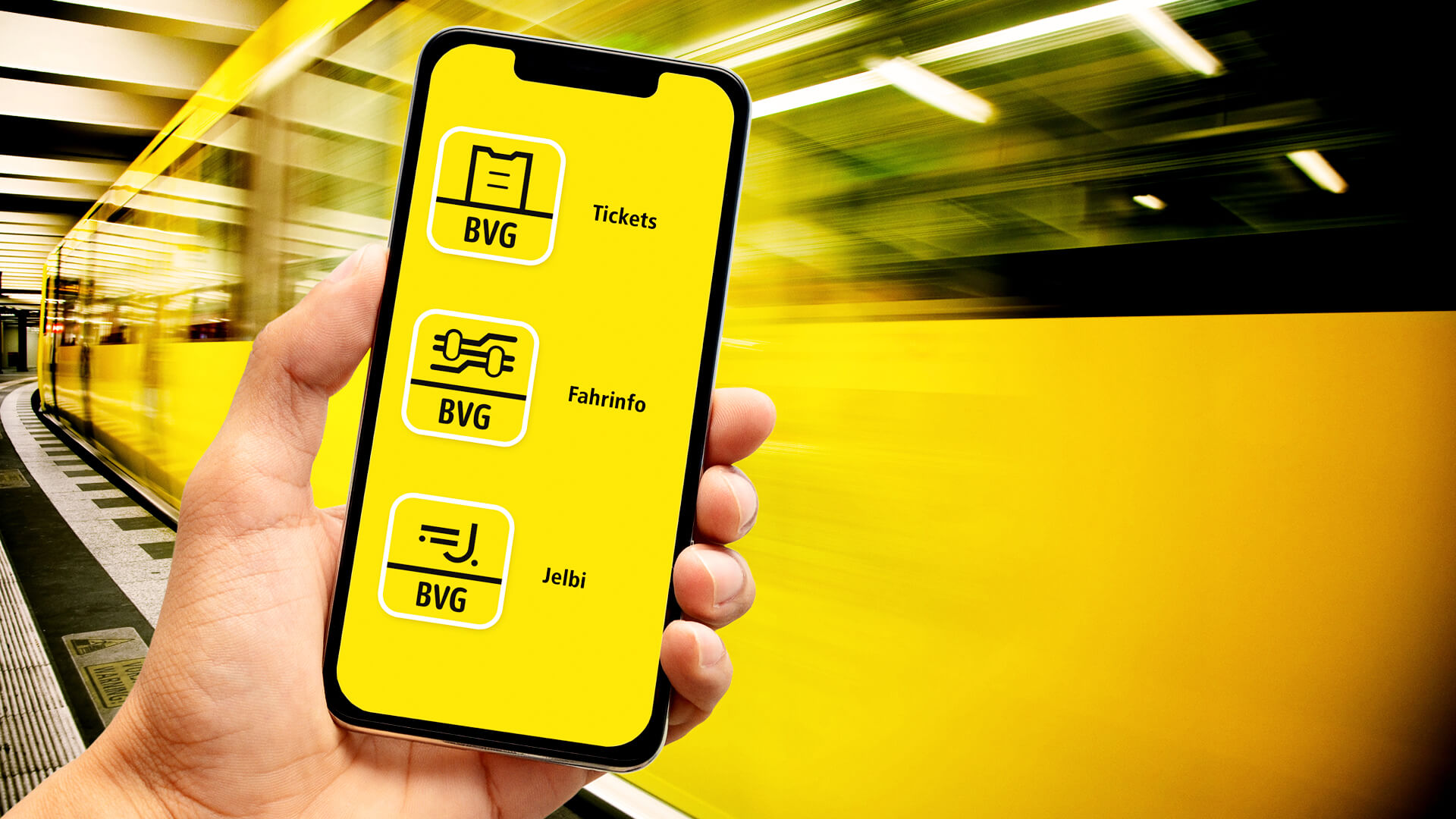
• U-Bahn (Underground):
Extensive network, efficient and frequent service. Purchase tickets at U-Bahn stations, ticket machines, or via the BVG app.
• S-Bahn (City Rail):
Connects the city center with surrounding areas. Purchase tickets at S-Bahn stations, ticket machines, or via the BVG app.
• Buses and Trams: Extensive network covering all parts of the city. Purchase tickets at bus stops, tram stops, ticket machines, or via the BVG app.
• Single tickets:
For short journeys.
• Day tickets:
For unlimited travel within a certain time frame.
• Weekly/Monthly tickets:
For frequent travelers.
• BVG Website:
For detailed information on routes, maps, fares, and schedules, visit the official BVG website: https://www.bvg.de/en
German Etiquette



• Punctuality: Germans are generally very punctual.
• Direct Communication: Germans tend to be direct and straightforward in their communication style.
• Personal Space: Germans generally value their personal space.
• Greetings: Common greetings include “Guten Tag” (Good day), “Hallo” (Hello), and a firm handshake.
• Quiet Hours: Please respect quiet hours from 22:00 to 6:00.
• It is considered polite to wait for everyone to be served before starting to eat.
• Saying “Guten Appetit” (Enjoy your meal) is customary.
Moving Out
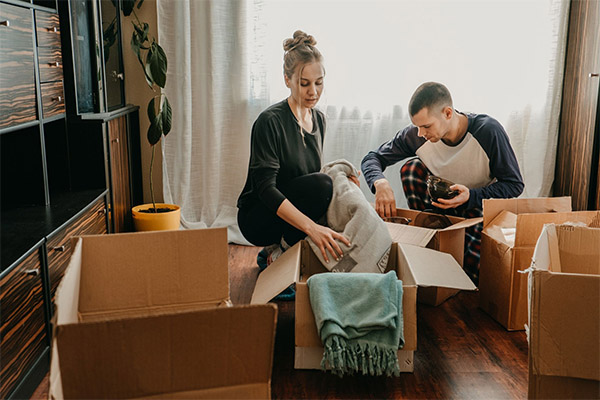
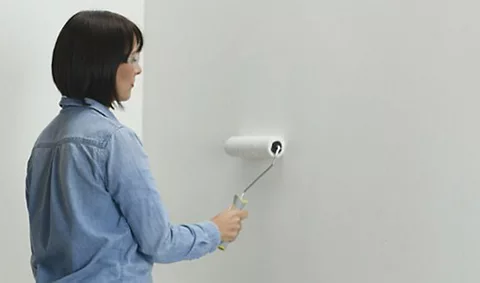
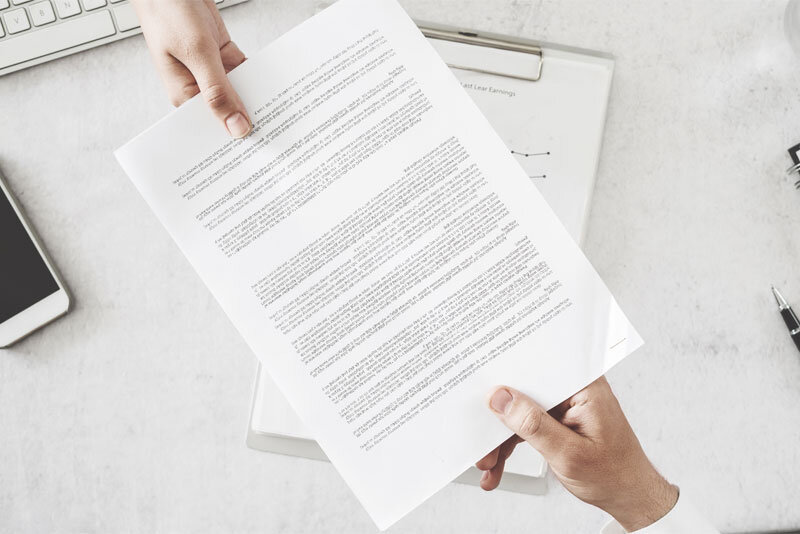
• Termination Notice:
Fill this form on time prior 3 Months of your tenancy: https://4uapartments.de/kuendigung/
If you plan to move out earlier out of your contract, you need to find a replacement for your tenancy. Please talk to our Support-Team then.
• Cleaning:
Please clean the apartment thoroughly, including washing and replacing mattress protectors.
• Damage:
Any damages will be deducted from your security deposit.
• Utilities:
Please ensure that all utility contracts are terminated.
• Deregister:
You must register your new address or deregister your current address with the local registration office within one week of moving. Failure to do so can result in severe penalties from the city
• Mailforwarding:
Don’t forget to file a mail forwarding request at least 5 days before you move. This ensures your mail is redirected to your new address. Online forms make it easy!
• Cancel Utilities:
Don’t forget to cancel your utilities (gas, water, electricity) at your old address before you move. Ensure final meter readings are taken after you’ve moved out.
• Update your Documents:
Don’t forget to update your ID and passport with your new address at the local registration office. Also, notify your bank, insurance provider, and any relevant institutions (like schools or universities) of your address change.
